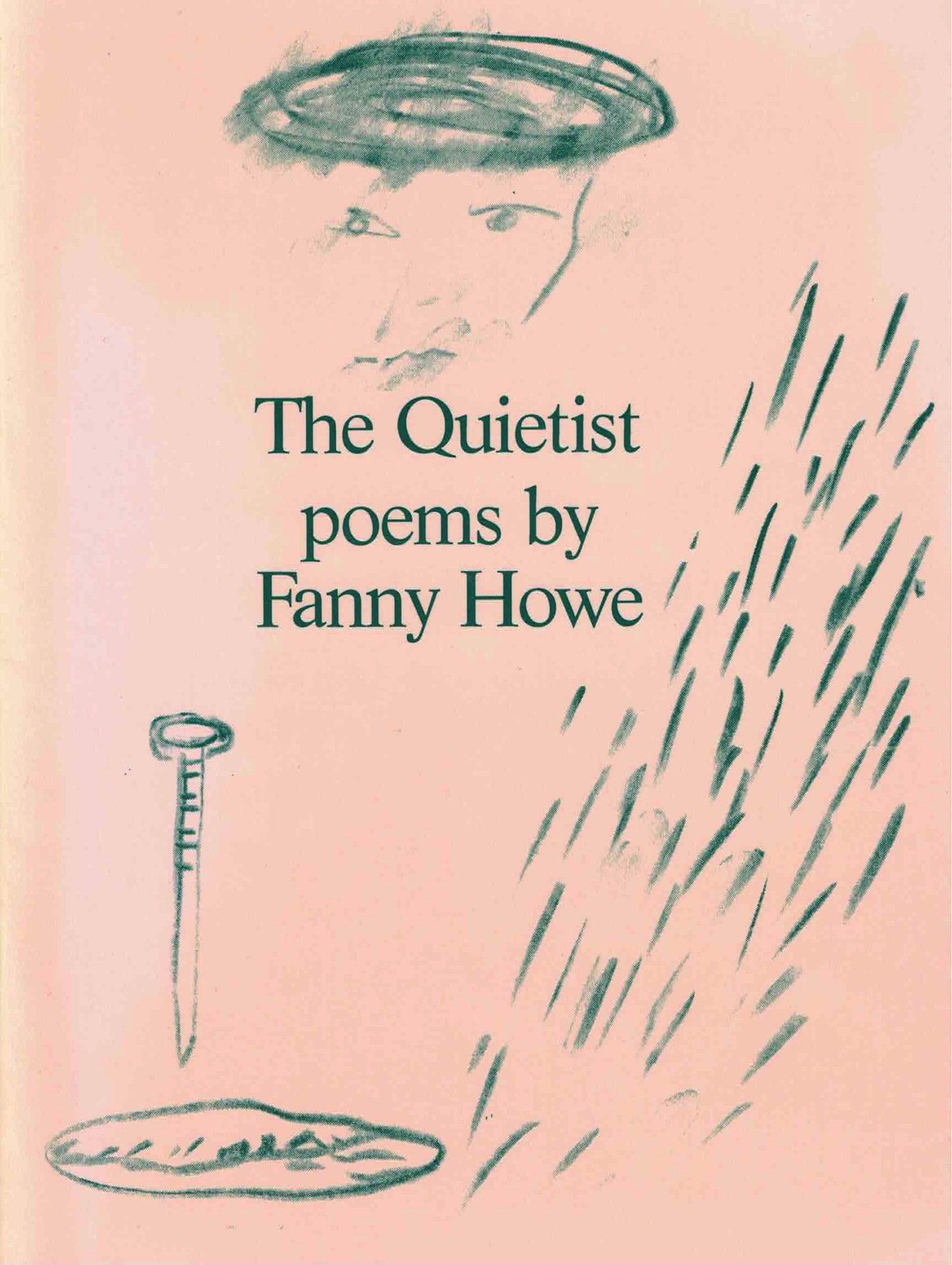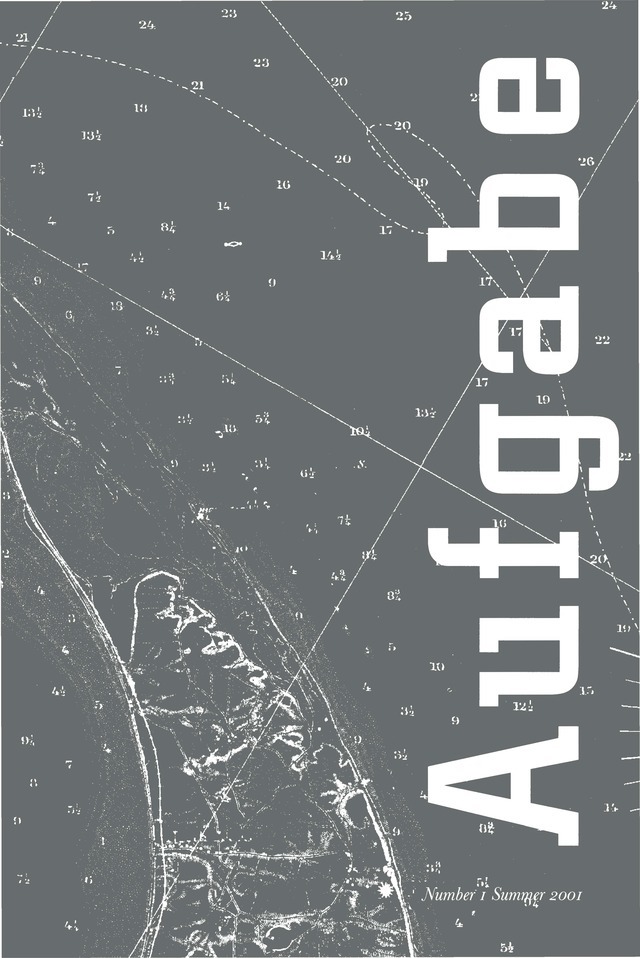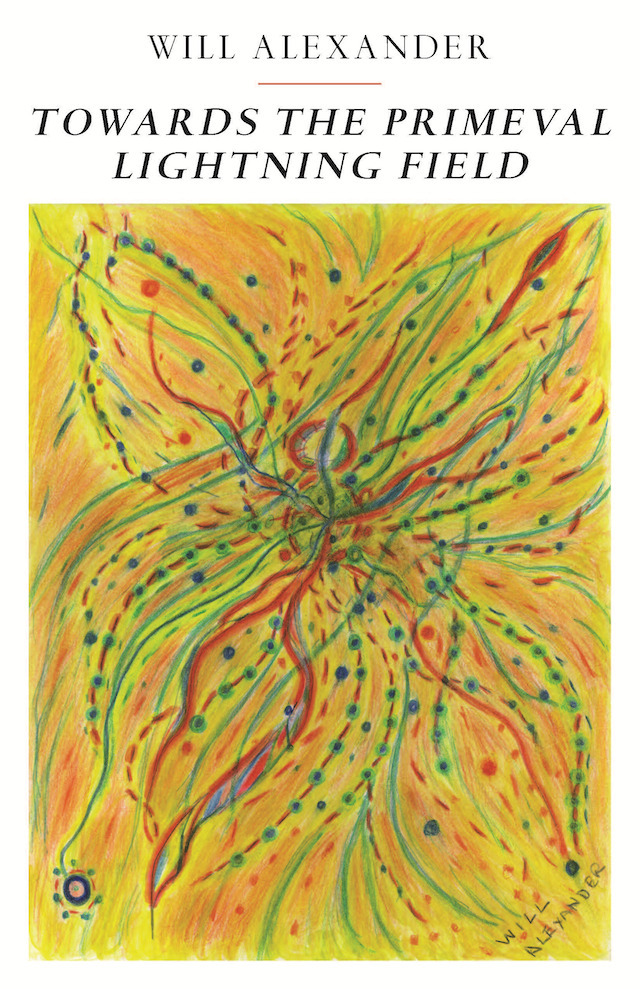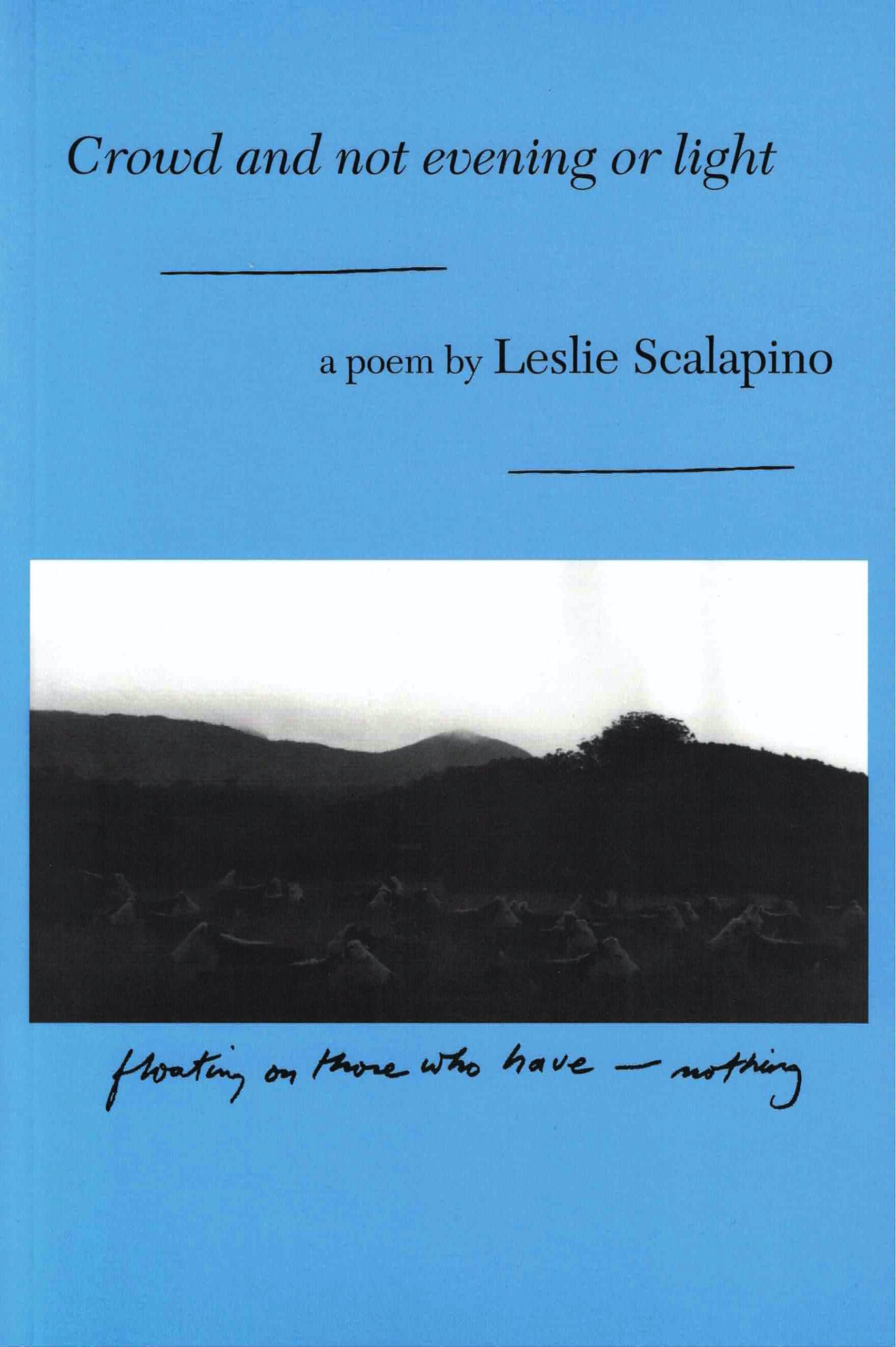A hybrid book of poetry and drawings, illustrated by Italo Scanga
The Quietists were a Gnostic religious cult which adhered to the principles of poverty and silence. […] The appeal of the Quietists for Howe is obvious: silence yields a stream of language that uncurls from the deep; and a relentless will and desire for transcendence as language brings the poem into being. — David W. Clippinger
Fanny Howe
Praise for The Quietist
Fanny Howe’s writing is a form of active, attentive waiting. Rather than forcing meaning, her scrupulous vigil opens a clearing in which spirit announces and enunciates itself. Not vaporous metaphysics, but process and struggle which lead to grace—“Pure equilibrium amounting to Enough.”
— Elaine Equi
The miraculous and the quotidian share similar phrases in these poems. Fanny Howe writes with the conviction that in order for the Word to be revealed it must first be a word, one fired in the crucible of social action and tenuous intimacies. She is preparing, through writing, for the arrival of a spirit greater than ourselves because inconceivable as ourselves.
— Michael Davidson





There is an inner and an outer weather. Sometimes they align, and sometimes that is good—as in that summer you were wholly gripped by love, and the road lined with chicory and Queen Anne’s Lace became the road of desire leading to the palace of fulfillment. But there are also seasons so blasting that the heart withers and nearly fails, and despite your dislike for Matthew Arnold—or rather for late twentieth-century critics who look to poetry to “save us,” as if we were designed to be saved, and perhaps we are—despite your suspicions—not only of salvation, but also of consolation—there is a poem, or rather a pitched voice, that brings forth a music you would make if you could make music.
— Fanny Howe, Boston Review